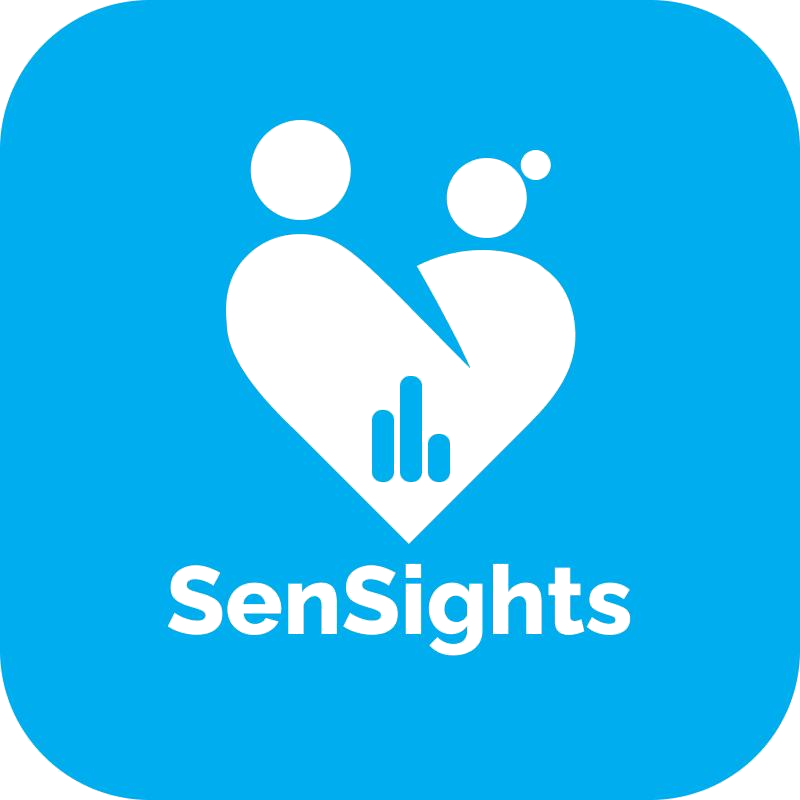Eight Critical Queries for FQHCs Prior to Launching Remote Patient Monitoring Programs
Medically Reviewed By:Dr Hanif Chatur Image Credit: Stat Key Takeaways FQHCs and RPM Transformation: Federally Qualified Health Centers (FQHCs) are entering a new era with Remote Patient Monitoring (RPM). Critical Success Questions: Community Understanding: Tailoring RPM to diverse healthcare needs. Meaningful Goals: Setting measurable goals aligning with community aspirations. Key RPM Implementat...









